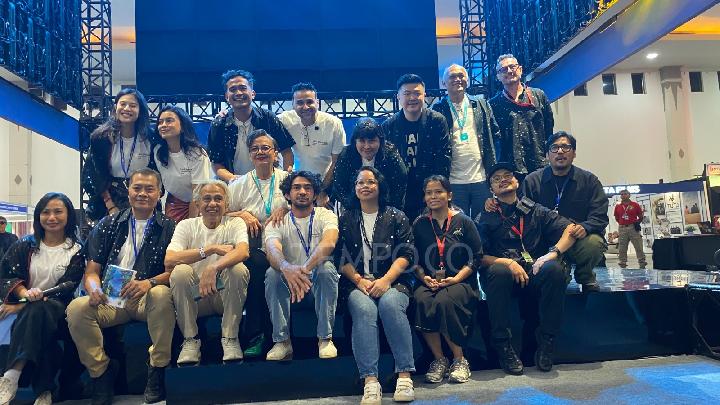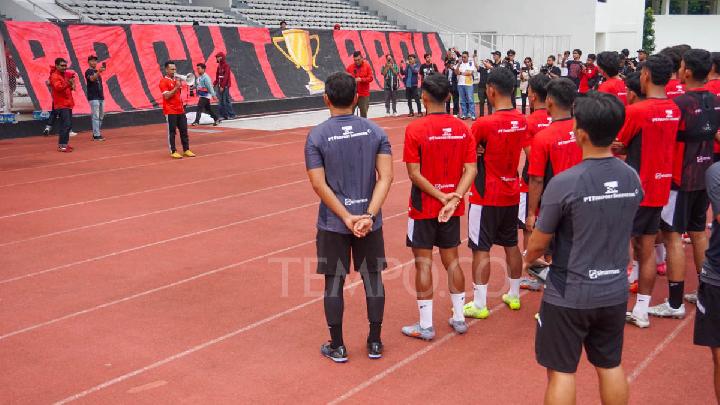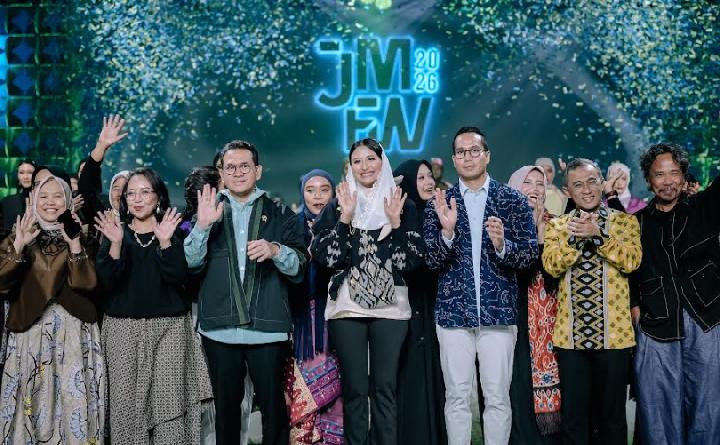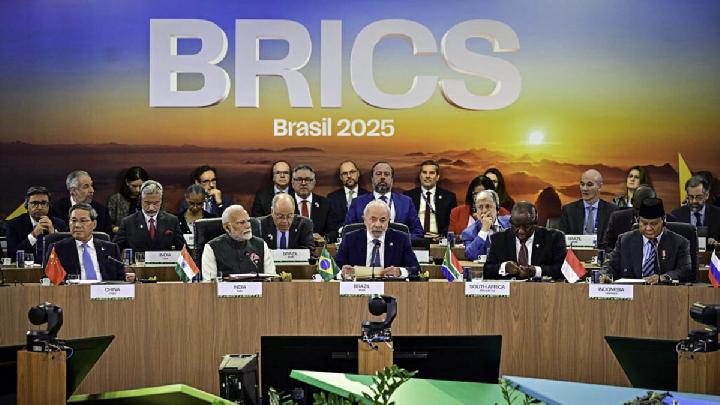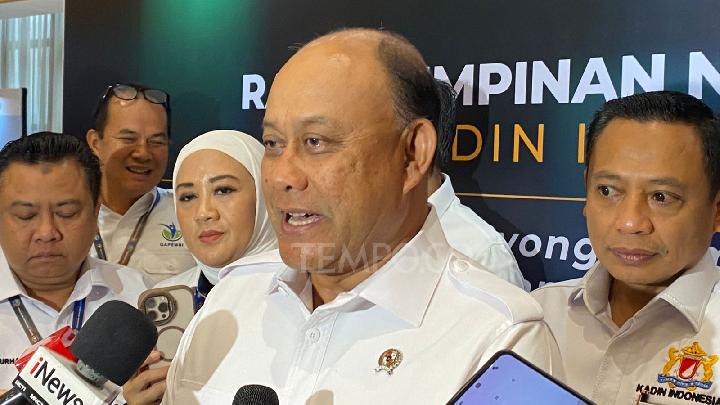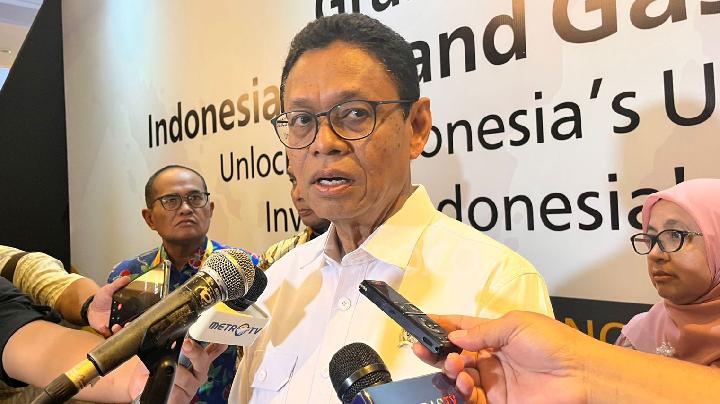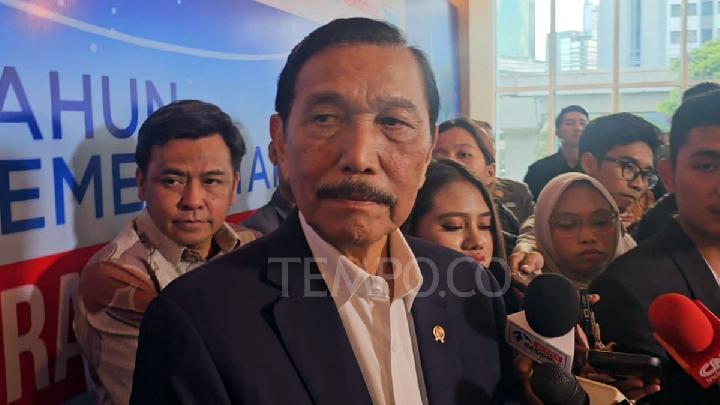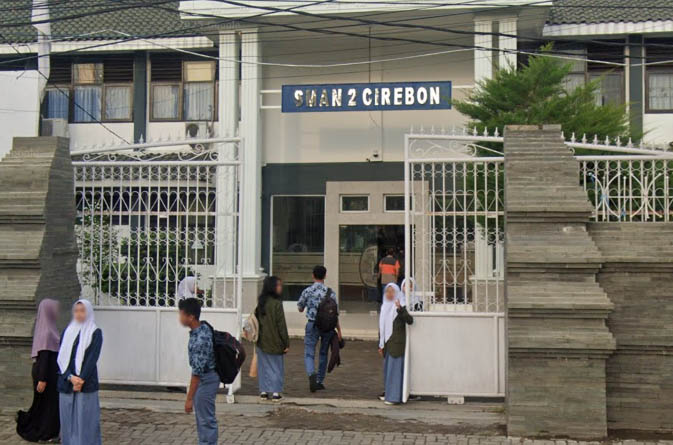TEMPO.CO, Jakarta - The Head of the Indonesian Language Agency, Hafidz Muksin, stated that the Indonesian language (Bahasa Indonesia) will be one of the official languages to be used in the General Assembly of the United Nations Educational, Scientific, and Cultural Organization (UNESCO) in November. He mentioned that this recognition is a global acknowledgment of the Indonesian language.
"This should be a source of pride for us because the Indonesian language is one of the ten official languages in the UNESCO General Assembly," said Hafidz during a discussion at Baca Library in Tebet, South Jakarta, on Wednesday, October 8, 2025.
Historical Achievement of the Indonesian Language
According to Hafidz, this achievement marks a significant milestone for Indonesia. He even compared the Japanese and Korean languages, which have not yet been included as official languages for UNESCO.
Indonesian language officially became the 10th recognized language by UNESCO, alongside other languages such as English, Arabic, Mandarin, French, Spanish, Russian, Hindi, Italian, and Portuguese. This recognition was achieved through unanimous approval of Resolution 42 C/28 at the 42nd UNESCO General Assembly on Monday, November 20, 2023, in Paris, France.
Furthermore, Hafidz also revealed that the Minister of Primary and Secondary Education, Abdul Mu'ti, will deliver a speech in the Indonesian language at this year's UNESCO General Assembly. "Later, the Minister will deliver a spirited speech in the Indonesian language," he said. This year's UNESCO General Assembly will be held on November 1, 2025, in Samarkand, Uzbekistan, and on November 24-25, 2025, at the UNESCO Headquarters in Paris, France.
Hafidz explained that this achievement is part of the government's priority program to introduce the Indonesian language to the international world. He hopes the Indonesian language will gain wider recognition from groups around the world.
For Hafidz, the Indonesian language is tangible proof that it unites people of various ethnicities and customs across Indonesia. "Language plays an important role in the sovereignty of the nation," he said.
 M Tabrani, also known as Mohammad Tabrani Soerjowitjitro, has been instrumental in the use of the Indonesian language as a unifying language to this day. A native of East Java, he was a journalist and was active in several newspapers during that time such as Hindia Baroe, Suluh Indonesia, and Indonesia Merdeka. During the Second Youth Congress, Tabrani advocated for the addition of the Indonesian language as one of the points in the Youth Pledge. RI National Library
M Tabrani, also known as Mohammad Tabrani Soerjowitjitro, has been instrumental in the use of the Indonesian language as a unifying language to this day. A native of East Java, he was a journalist and was active in several newspapers during that time such as Hindia Baroe, Suluh Indonesia, and Indonesia Merdeka. During the Second Youth Congress, Tabrani advocated for the addition of the Indonesian language as one of the points in the Youth Pledge. RI National Library
Unity Strengthening Force
Before this, the Ambassador of the Republic of Indonesia to France, Andorra, and Monaco, Mohamad Oemar, stated in Jakarta that the designation makes Indonesian language the 10th official language recognized by the UNESCO General Conference, alongside English, Arabic, Mandarin, French, Spanish, Russian, Hindi, Italian, and Portuguese.
"Indonesian language has been a unifying force since the pre-independence period, especially through the Youth Pledge in 1928, thus able to connect diverse ethnicities in Indonesia," said Oemar on Monday, November 20, 2023.
Oemar mentioned that with more than 275 million speakers, the Indonesian language has gone global. The language is now included in the curricula of 52 countries, and there are currently at least 150,000 active foreign speakers of the Indonesian language. "Indonesia's active leadership at the global level began with the Asia Africa Conference in Bandung in 1955, which became the seed for the formation of the Non-Aligned Movement. Indonesia has a strong commitment to continue its leadership and positive contribution to the international community," he said.
This contribution is marked by collaboration with other countries in addressing global challenges, through Indonesia's chairmanship role in the G20 forum in 2022 and ASEAN in 2023. He emphasized that this recognition could raise awareness of the Indonesian language and contribute to global efforts to foster connectivity between countries and strengthen cooperation with UNESCO. It would also demonstrate Indonesia's commitment to developing culture on an international scale.
"The recognition of the Indonesian language as an official language of the UNESCO General Conference will have a positive impact on peace, harmony, and the achievement of sustainable development goals not only at the national level, but also worldwide," he said.
The Indonesian government's efforts to propose Indonesian language as an official language of the UNESCO General Conference are an implementation of the mandate of Article 44 paragraph (1) of Law number 24 of 2009 concerning the National Flag, Language, State Symbol, and National Anthem, which states, "The government will increase the function of Indonesian language as an international language gradually, systematically, and sustainably."
Enshrined in the 1928 Youth Pledge
Since the Second Youth Congress in 1928, known as the Youth Pledge, the Indonesian language has been enshrined as the national and unifying language. In the First Youth Congress in 1926, the Dutch language was used, prompting discussion on the unifying language. At that time, Mohammad Yamin discussed the future of Indonesian languages and their literature. He stated that there were only two languages with the potential to become a unifying language, Malay and Javanese.
In the Tempo Magazine edition of October 27, 2012, Yamin argued that Malay had more potential to develop into a unifying language. Mohammad Tabrani opposed this opinion. "If the nation is named Indonesia, the people are called Indonesians, then the language should be called the Indonesian language and not Malay, even though it has Malay elements."
Sunu Dyantoro and Tata Ferliana contributed to the writing of this article
Editor's Choice: UNESCO Board Nominates Egyptian Ex-Minister for Director
Click here to get the latest news updates from Tempo on Google News




